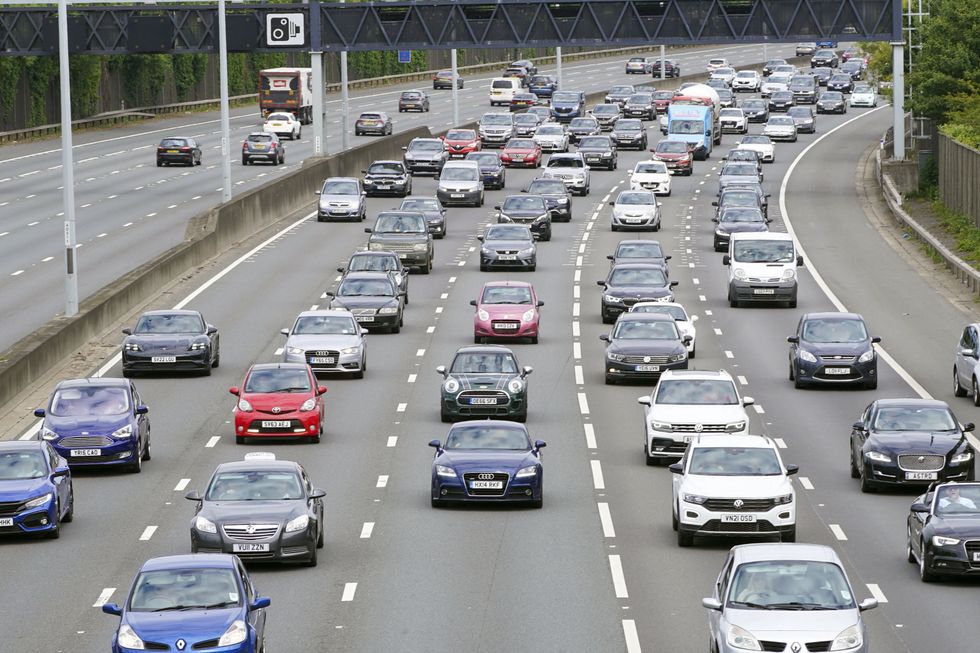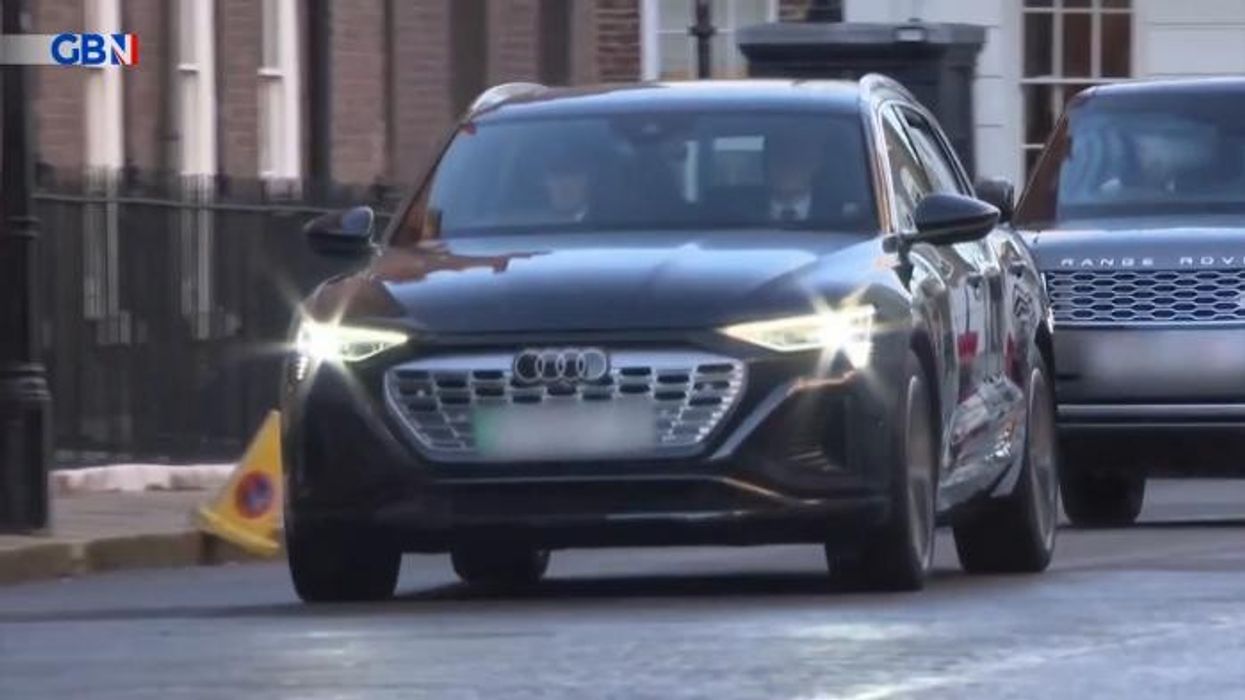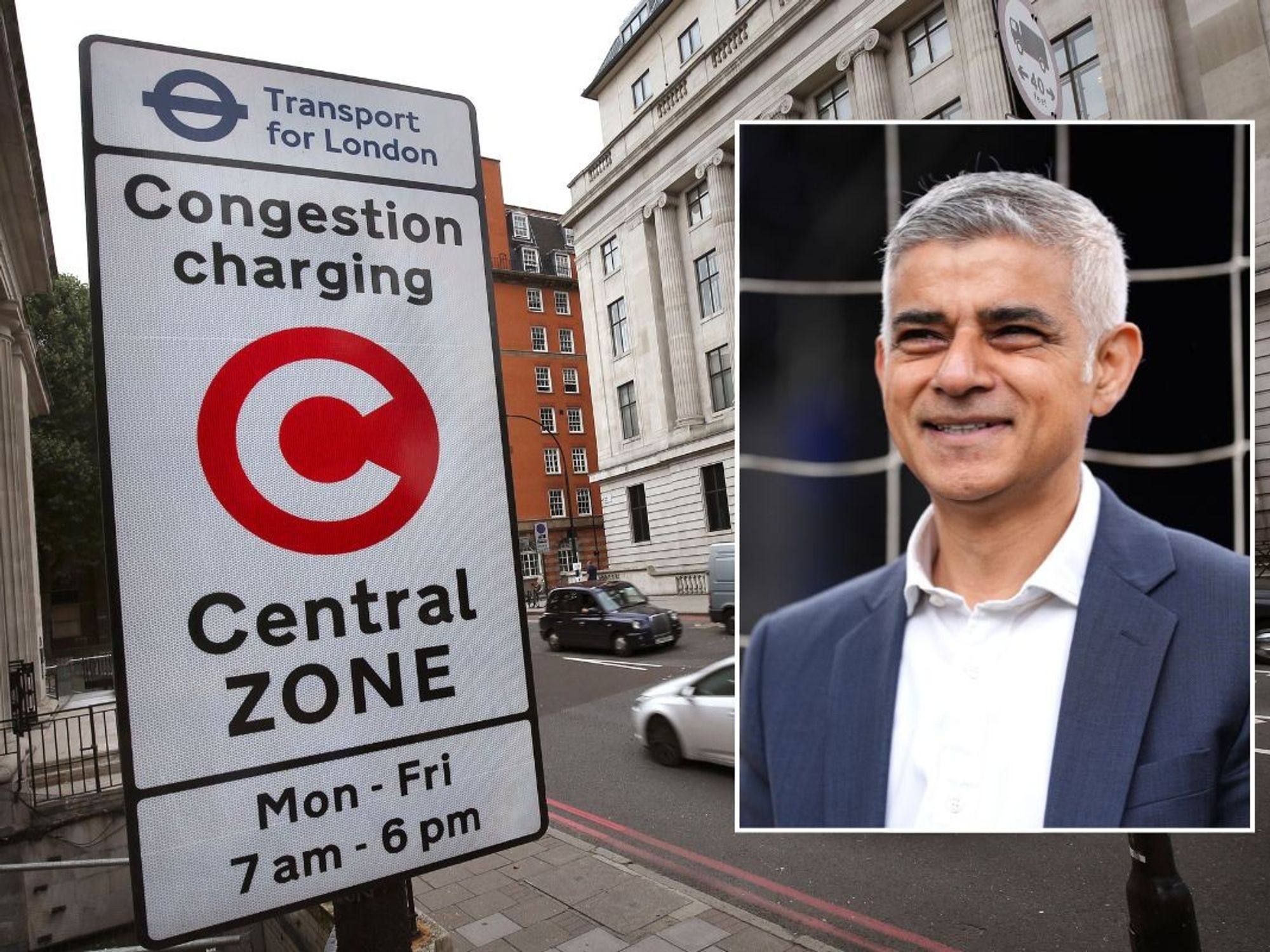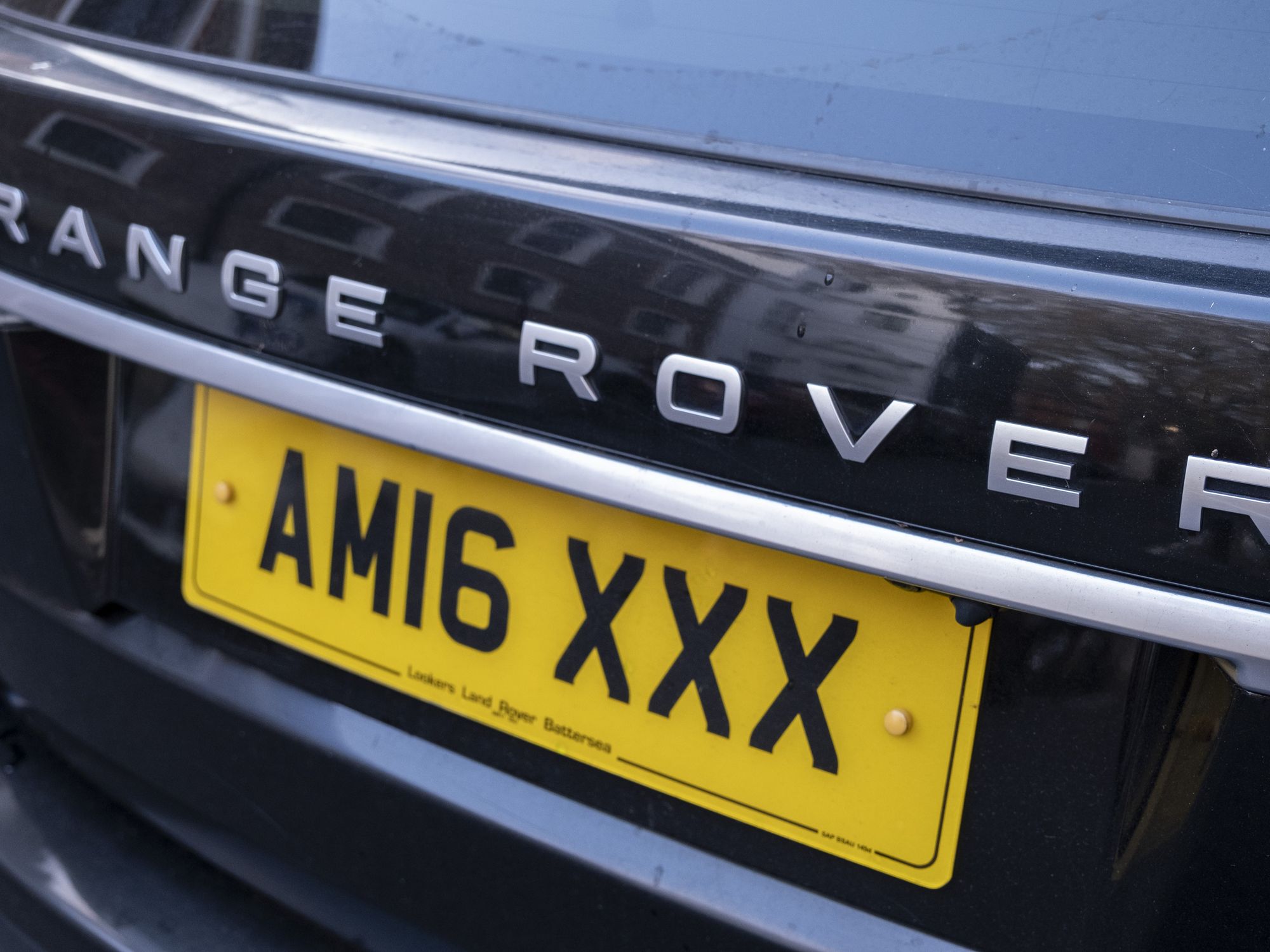Car tax changes are 'critical' as drivers face 'confusion' ahead of major price hikes next year

The tax is based on how much emissions a company vehicle produces
Don't Miss
Most Read
Latest
UK drivers have called on the Government to give further clarity on Benefit-in-Kind (BiK) tax rates which are due to increase next year.
As drivers enter new lease agreements this year that will take them into 2028, clarity on what the car tax rules mean has become more important for drivers and businesses alike.
BiK tax is paid by employees in the form of a salary sacrifice for being able to use a company car and is deducted from payslips every month.
The tax is based on the emissions output of the vehicle, with the tax system penalising higher polluting vehicles through far higher rates.
Do you have a story you'd like to share? Get in touch by emailing motoring@gbnews.uk

Company cars that are electric have much lower BiK rates
|GETTY
To calculate the BiK tax, employees need to first work out what the officially recognised list price of the company car is, which is known as its P11D value. Once they know this they can ]easily calculate their total tax contributions.
If, for example, the P11D value is £30,000 and the car emitted between 100 and 104g of CO2 per kilometre, the BiK tax rate would be 25 per cent, full rate lists can be found on HMRC alongside a calculator.
The total contribution can be calculated by multiplying the car value by the BiK tax rate. In this case, £30,000 x 0.25 which is £7,500.
The total figure then needs to be multiplied by the individual tax rate to give the figure for the year. In this example, £7,500 x 0.2 (20 per cent on income tax) means the individual will pay £1,500 on the annual company car tax bill.
Electric company cars, however, have much cheaper rates as the Government incentivises more drivers to make the switch to an EV.
In the 2022 Autumn Statement, BiK tax increases were announced. For the 2025 to 2026 tax year, EVs and cars which produce less than 75g of CO2/km will see rates increase by one percentage point up to a maximum appropriate percentage of 20 per cent.
For the 2026-2027 tax year, the rates for cars will rise again by a further one percentage point up to a maximum of 21 per cent.
Rates for all other cars which produce 75g of CO2 per km such as diesel will be increased by one percentage point for 2025-2026 and will then be maintained at this level until April 5, 2028.
While the dates and accompanying rates have been locked in, Octopus Energy has called on the Government to provide clarity on what these tax rules will look like beyond the 2028 deadline.
Fiona Howarth, CEO of Octopus Electric Vehicles, said that salary sacrifice has supercharged the UK’s transition to electric driving, making electric cars cheaper than their petrol equivalents.
Clarity around BiK tax rates for EVs beyond 2028 is "critical" for consumer confidence and to keep up the momentum in the EV roll-out, Howarth warned.
She explained that not clarifying the rates in the Budget was a missed opportunity from Jeremy Hunt and the Government.
LATEST DEVELOPMENTS:
- Fake speed limit sign sees drivers fined as Sunak attacks Sadiq Khan and Labour for 'hammering' motorists
- Drivers warned of the regions with the highest rates of car theft reports - Is your local area at risk?
- Motorists could face traffic carnage near popular tourist area with plans to close key road for three months

The average petrol car produces the equivalent of 164 grams of CO2 per km in 2023
|PA
Howarth added: “Following the recent 2035 rollback, drivers need clarity, not confusion, on tax rules to help make the decision to switch to an EV.
“Salary sacrifice is the most cost-effective and easiest way to get a new EV, and demand has been through the roof.
“We’re on a journey to zero emissions transport, and through cost-saving schemes like salary sacrifice, we can keep up the pace.”











